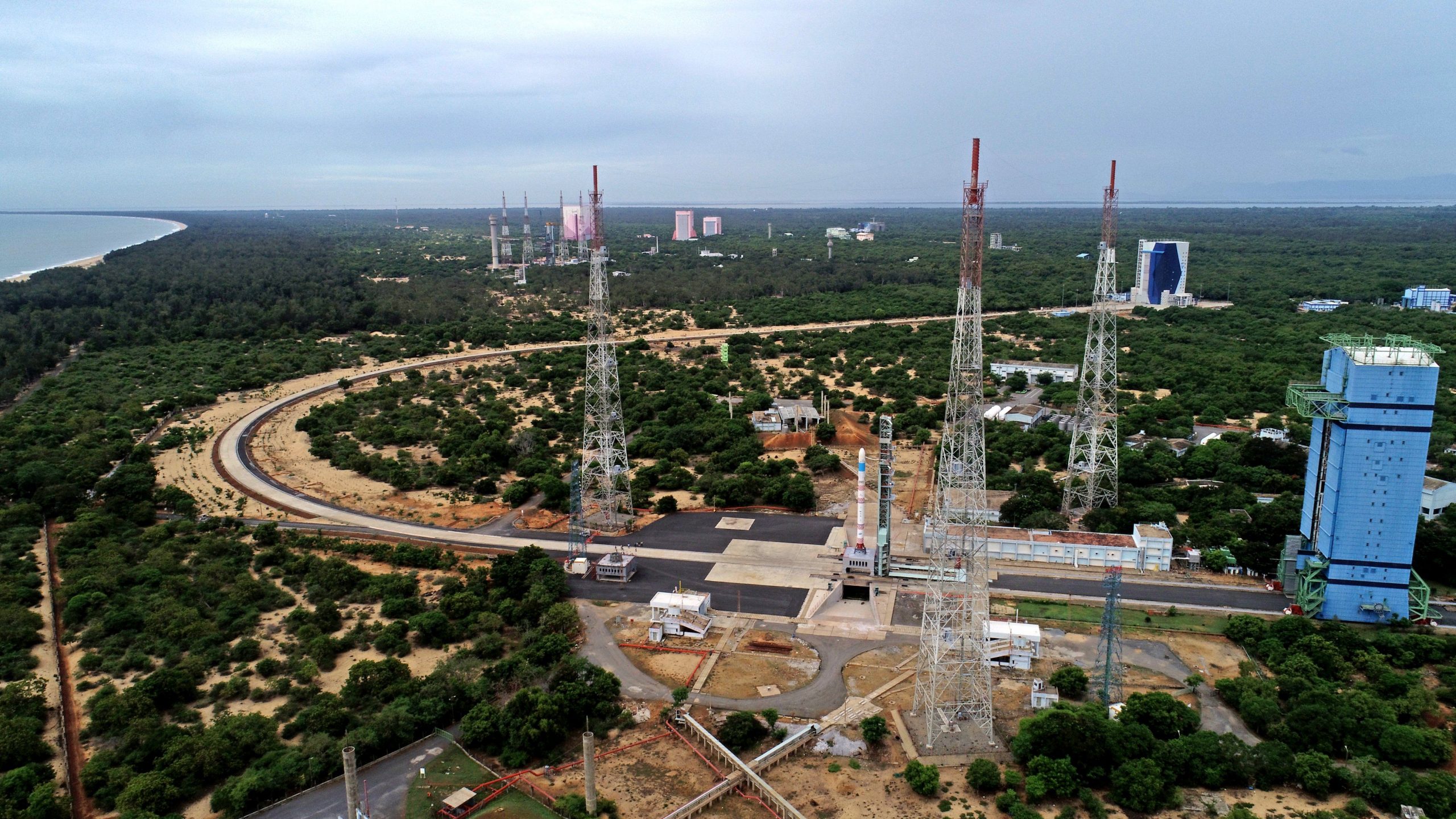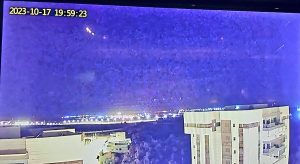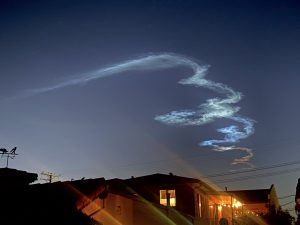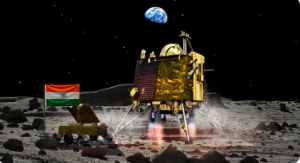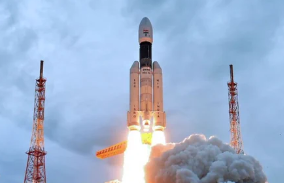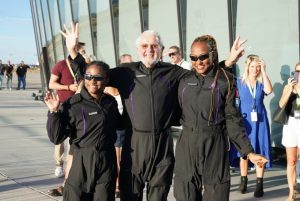An Indian Space Research Organisation (ISRO) rocket carrying two satellites ran into trouble after it experienced data loss in the final phase. ISRO scientists and engineers are probing the data loss. The mission can be called a success only after they understand if the 120 tonne Small Satellite Launch Vehicle (SSLV) was able to put the two satellites into a stable orbit.
“SSLV-D1 performed as expected at all stages. In the terminal phase of the mission, some data loss is occurring. We are analysing the data to conclude the final outcome of the mission with respect to achieving a stable orbit,” said ISRO chairman S Somnath.
The ISRO rocket was carrying Earth Observation Satellite – 02 and a co-passenger satellite AzaadiSAT. An earth observation satellite is designed to observe the earth from an orbit. Also known as earth remote sensing satellites, they are used for military purposes as well as for environmental, meteorology and cartographic purposes.
Also Read | History beckons ISRO with maiden SSLV-D1/EOS-2 mission
The co-passenger satellite, Azaadi SAT, has been designed by a student team of ‘Space Kidz India‘. Space Kidz India is a government-run programme to give students basic knowledge of space. The satellite comprises 75 payloads built by 750 school students to mark the 75th year of India’s independence from British Rule. Girl students who designed Azaadi SAT were present at the launch of the rocket in Sriharikota.
Also Read | What are Earth Observation Satellites?
“Three groups from our school have participated in this SSLV launch. I am very glad that we got this opportunity. We really worked hard on it and today we will witness the launch of the AzaadiSAT satellite,” said Shreya, a student from Telangana.
Sunday’s launch was the maiden launch of SSLV by ISRO after successful mission launches took place through its trusted workhorse Polar Satellite Launch Vehicles (PSLV) and Geosynchronous Launch Vehicle (GSLV).

